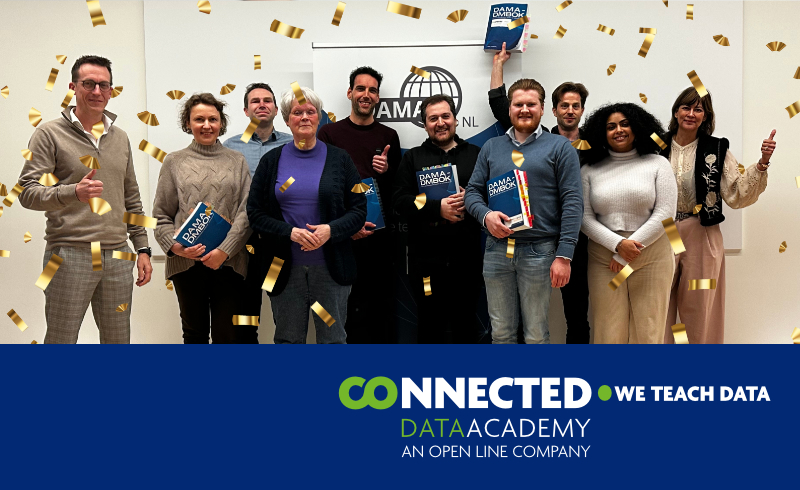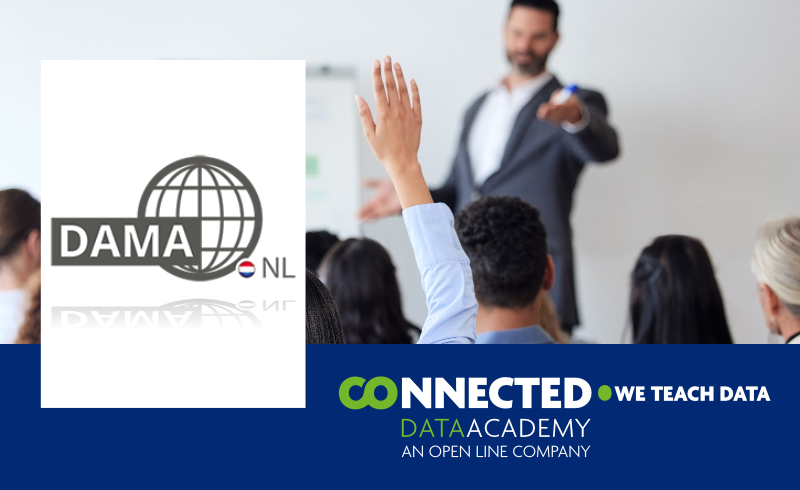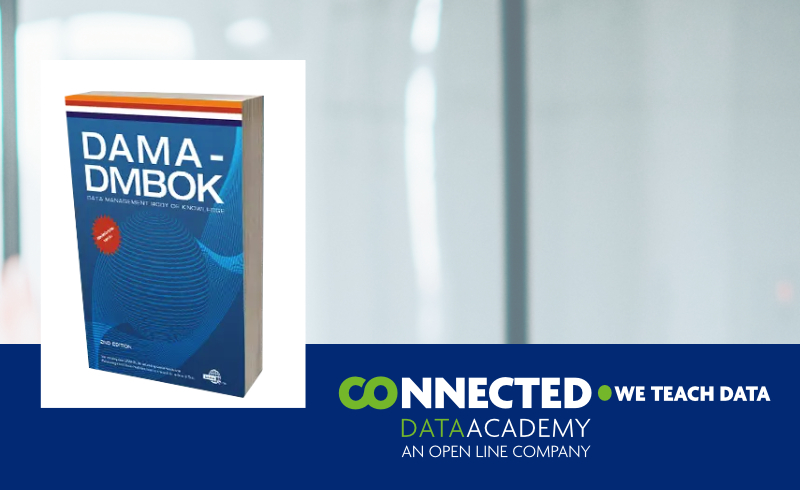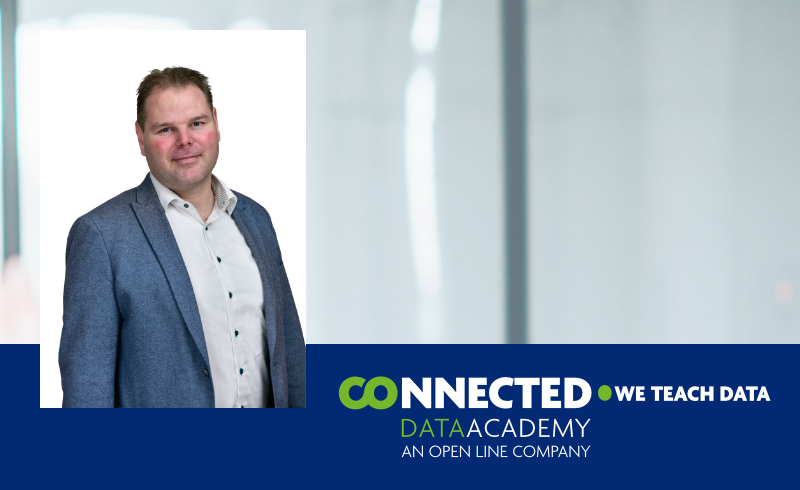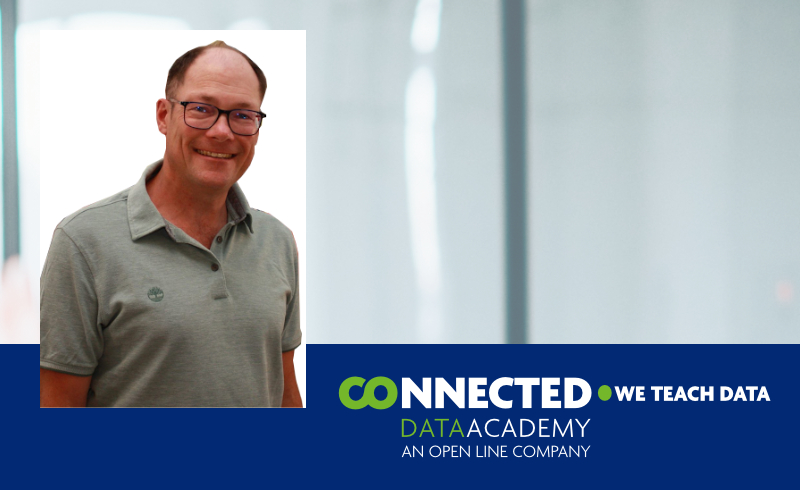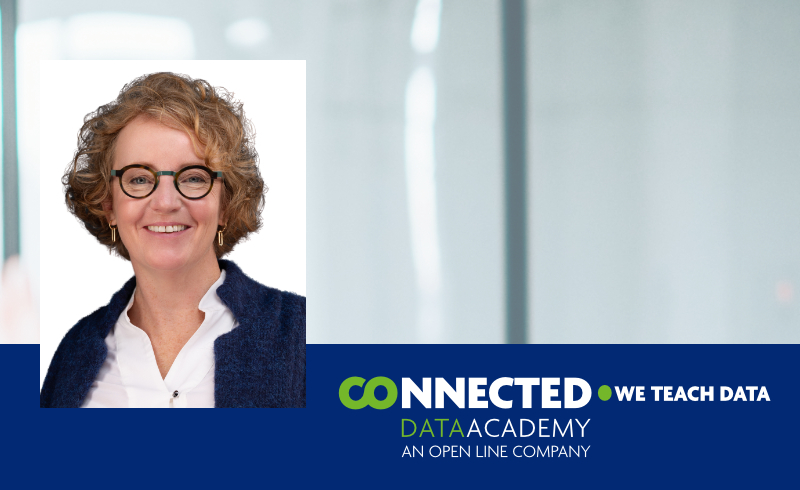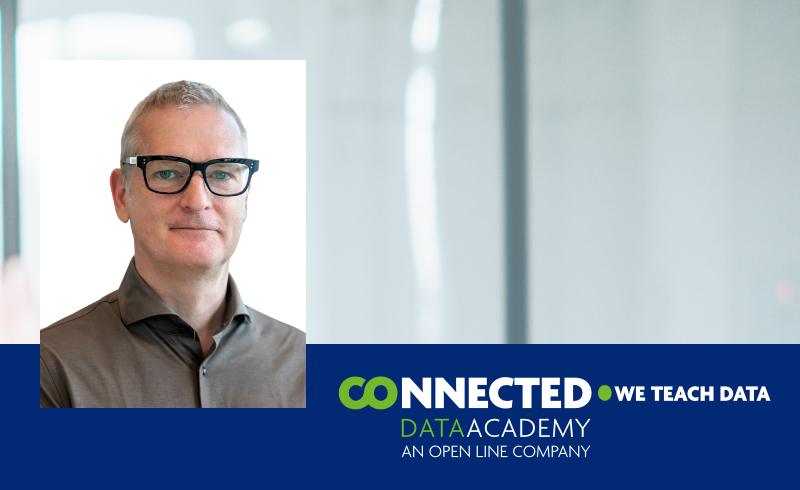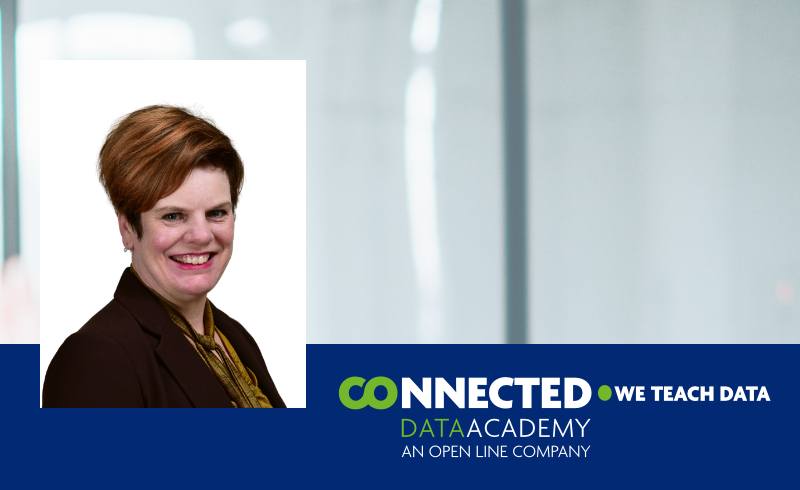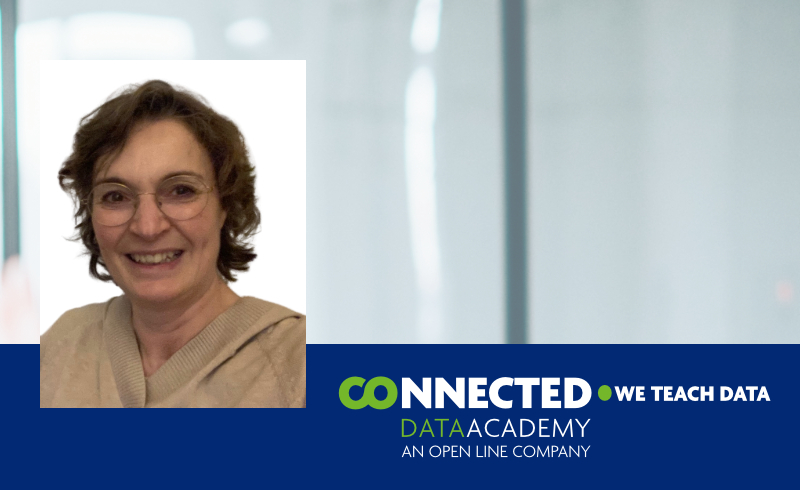Ryan Ramdien, Data Governance Program Manager at Waterschap Vallei & Veluwe, about Data Governance
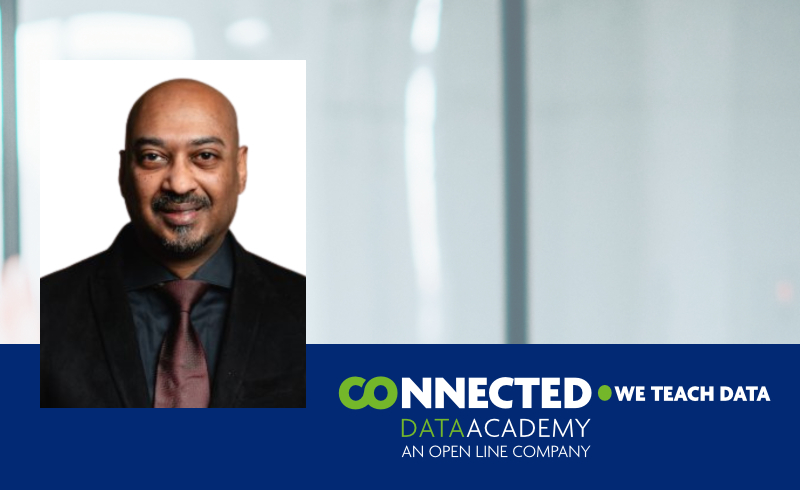
Ryan Ramdien
Position:
Consultant at DataTalents – Data Governance Program Manager at Vallei & Veluwe Water Authority
Expertise:
- Data Governance
- Data Management
- Business Intelligence
- Data Warehousing
- Compliance & Security
Experience:
20+ years in data-driven roles within government and business
Worked as an analyst, architect, data steward, engineer, and project leader, among other roles
Specialization:
- DAMA-DMBOK Certified Data Management Practitioner
- ISO 27001 Lead Implementer
- People-oriented stakeholder management
- Cultural change around data quality and ownership
CDMP-achievements:
- Status: Practitioner
- Specialist in: Data Governance, Data Quality, Metadata Management
“Want to improve data quality? Start on the work floor”
Many organizations have undertaken a data quality or data governance project at some point. However, the number of companies that achieve sustainable results is limited. This is because all kinds of rules are often imposed on employees, but the question remains: how can I make your work easier? Ryan Ramdien gives advice on how you can make your data governance project into a success.
Ryan Ramdien currently works through Data Talents as Data Governance Program Manager at the Vallei & Veluwe Water Authority. The situation he encounters there is not unique, he says. “The water authority has a tremendous amount of data on pumping stations, locks, water treatment plants, weirs, dams, water levels, and so on. This includes data from process automation, data recorded in Excel, and data from all kinds of applications. The systems were never built to exchange data, and the organization is looking for ways to facilitate this. They realize that this involves technical measures, but first and foremost organizational ones.”
That is why the water board hired Ryan as Data Governance Program Manager. It is his job to play a connecting role. Ryan works at Data Talents and, in addition to the three-day Certified Data Management Professional (CDMP) Fundamentals training course at Connected Data Academy, he also took the one-day Specialist follow-up training courses CDMP Data Quality and CDMP Data Governance.
Importance of proper inventory
One of the lessons Ryan took away from the training courses at Connected Data Academy is that data governance requires a cultural change. “Nine times out of ten, projects run over schedule because so much time is spent getting the data in order. Many companies think that IT can solve this. They don’t realize that it’s an organizational problem,” he says.
That’s why a good start is half the battle. “In practice, that means a lot of talking,” he laughs. “With managers, with data engineers, but especially with employees on the work floor. The main question I ask everyone is: what do you encounter in your daily practice? Many problems on the work floor are caused by poor data, but people don’t realize that. You can explain this to office employees to some extent. But on the shop floor, it’s very different. An employee on the production floor generally has little affinity with the process automation he or she works with, which generates data that could be used, for example, to predict when an installation needs maintenance. Nor does he have any idea that the Incident Management System plays a role in this. They only use that system to report major malfunctions that they cannot resolve themselves, in order to set a work process in motion. They simply fix minor malfunctions that they can resolve themselves, so why would they report them? They do know that minor malfunctions can be an indication of wear and tear, but they don’t realize that data can be used to predict when an installation needs maintenance.
Increasing data awareness
The inventory Ryan made at the water board led to the realization that data awareness needs to be increased throughout the organization. And you can’t do that through a general communication campaign. “Because every employee has a different interest in and therefore a different perception of data. You have to start from the employee’s perspective: how can data help you do your job more easily? The next question you have to ask yourself as a data management specialist is: how can we adapt our working methods, processes, and systems to make it as easy as possible for that employee to record data at the source?
Because if you just saddle your employees with a lot of extra work, it’s not going to work.”
In practice, he sees that many companies developed workarounds years ago, which are then passed on to new employees. “Such a workaround may have been created because a particular system was often down. That malfunction has long since been fixed, but the workaround remains in place and is even passed on to new employees, who don’t even know that there was ever another way to record that information. No one higher up in the organization knows about this. Until a data project is started and a data engineer sees that certain data is completely missing.”
Whereas in practice a data engineer is often inclined to simply adjust the model so that the missing data is not missed, Ryan emphasizes the importance of data engineers reporting these omissions. “But to do that, you have to set up a structure, otherwise it won’t happen,” he warns.
Cultural shift
It should be clear: data governance is primarily a cultural shift. It requires something from the entire organization, from all levels and all functions. That makes it a tough but also a rewarding subject, says Ryan. “Take my current job at the Vallei & Veluwe Water Authority. The people who work there are incredibly committed and truly dedicated to the public interest. They are people who do their utmost to ensure that the citizens in their area keep their feet dry and have water coming out of their taps. If I can ensure that they don’t have to doubt the availability and integrity of the data, then both those employees and all the citizens and businesses served by the water board will be very happy.”
Specialist training courses CDMP Data Governance and CDMP Data Quality
Ryan and several colleagues from Data Talents took the CDMP Fundamentals training course as well as the specialist training courses CDMP Data Governance and CDMP Data Quality. He also always attends the periodic update sessions that Connected Data Academy organizes for Data Talents. “Ferry, Erik, or Antoine update us on developments in our field, such as data virtualization. This is much more efficient than having to keep up with all the professional media ourselves and then having to translate that into the projects we are working on,” says Ryan. “What’s more, both the training courses and the
update sessions at Connected Data Academy are always two-way: you bring in topics yourself, such as a challenge you are facing in your current project. They then translate the theory or technique into your practice. This makes the discussions extremely valuable.”

